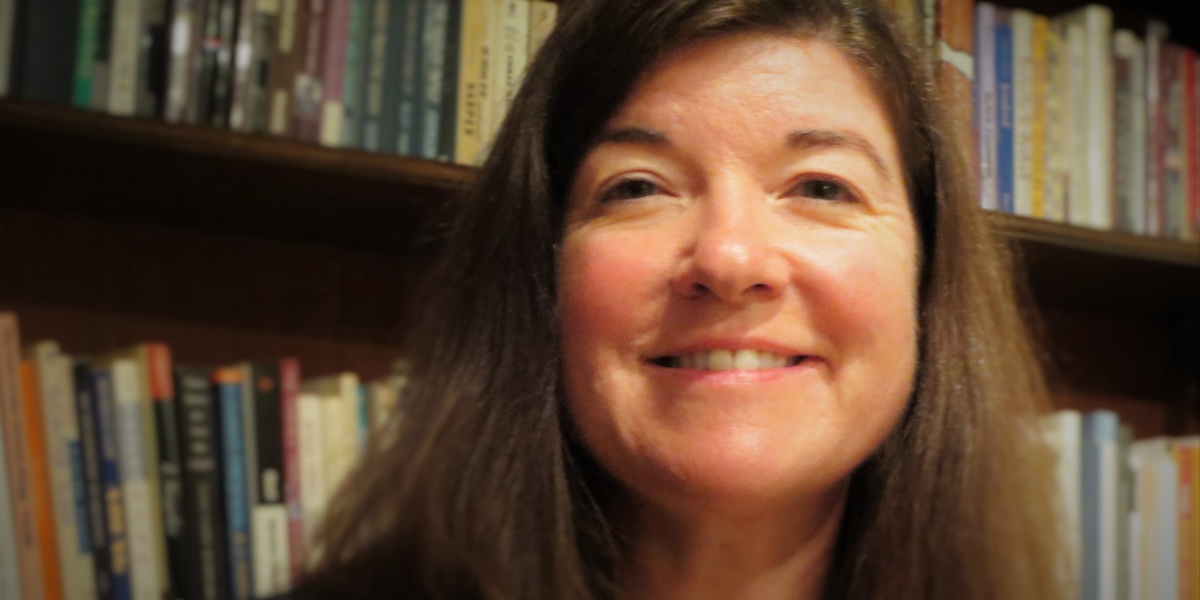
WRAP, part of Comparative Media Studies/Writing (CMS/W), improves students’ communication skills through four communications-intensive undergraduate requirements. “We help students understand the central genres in their discipline,” she says. “How do you make those genres—say, a white paper or a presentation—work effectively? How do you design your writing for your audience?”
Trained both as an engineer and a writer, Lane has long loved both pursuits. “I heard a lot as a kid that I should be an engineer, because I was very good at math and I was often modeling and inventing things,” she says. “And I always loved to read. Summer, everybody else would be outside. I would be like, ‘Great. I can just sit inside and read all day.’”
At MIT, where she majored in chemical engineering with a concentration in literature, she found an energetic community of like-minded people. “It was creative and exciting and incredibly social, and just a lot of fun,” says Lane. “I had the most wonderful instructor [for expository writing], Kate Burnett … it was a great joy to me that when I came back years later, I got to teach that same class.”
Lane worked in engineering for a few years, then got an MFA in creative writing from the University of Colorado, Boulder, and a PhD in English with a focus on rhetoric from UMass Amherst. Rhetoric, or understanding how writing and narrative can be made to work better, is “a very engineering question but applied to communication,” she says.
After teaching in Harvard’s expository writing program, she returned to MIT in 2008 to join WRAP. When not teaching, she studies how to improve communication education through Archimedia, WRAP’s research arm. WRAP’s overall efforts recently earned a certificate of excellence from the Conference on College Composition and Communication.
“In order for people to work together, they have to be able to communicate,” she says. “They have to literally be on the same page.”
